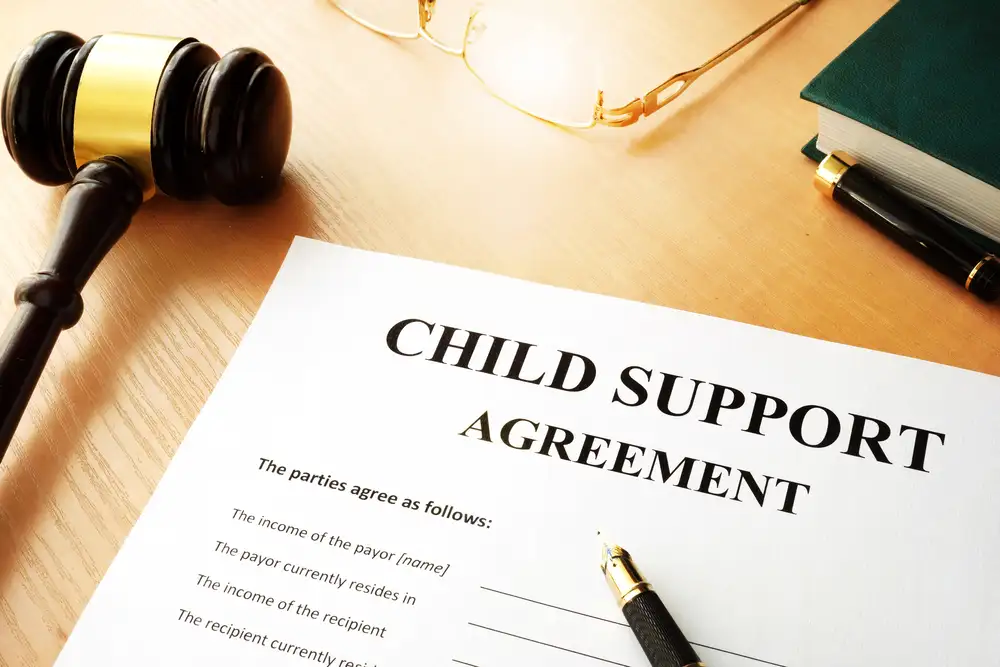
Post-Judgment Actions in a Michigan Divorce
In the simplest definition, post-judgment actions in a Michigan divorce is when you ask the judge to change or enforce your divorce settlement.
Reasons for Post-Judgment Actions

Sometimes an ex-spouse does not obey the terms of a divorce judgment. In other cases, an ex-spouse wants to change the terms of a divorce settlement. You can work with your Michigan divorce lawyer to find out what your options are and your likelihood of success in entering a post-judgment action for modification or enforcement of the divorce settlement.
Changing Child Support or Spousal Support Payments
Post-judgment actions are commonly filed to ask for a change in child support or spousal support. Whether you believe you are owed more in support, or whether you think you should be paying less, a judge will usually hear a motion if there are new facts to be considered or a change in circumstances – though the outcome may not be what you wished for. You could find yourself walking away with less support than you were originally supposed to receive, or you may have to pay more in child support or spousal support than you were first ordered to pay.
Enforcing Child Support Payments

The term “deadbeat dad” is, unfortunately, a reality, and many divorced custodial parents find themselves without the support they are supposed to receive every month from the non-custodial parent. The Friend of the Court handles all matters involving custody, child support, parenting time, and spousal support. A motion can be filed to have this division of the court enforce support payments, whether through income withholding, forfeiture of property, or a bench warrant for arrest. It is also possible to bring your own motion with the help of your Michigan divorce lawyer.
Changing Child Custody or Parenting Time
A person may file a post-judgment action to change the custody or parenting time terms of the original divorce settlement if they feel their child is in danger or exposed to negative situations, such as substance abuse or physical abuse. The custodial parent may wish to have complete autonomy over the decisions regarding their child’s well-being and may wish to file for sole custody. The judge will always rule in the best interests of the child concerning all custody and parenting time matters.
Debt Repayment, Property Division, Liquidating Assets, and Title Transfer Enforcement

If your ex does not pay a debt assigned to them per the terms of your divorce settlement, you can file a post-judgment action asking to have the ex-spouse repay you.
If your ex was ordered to give or return certain property to you or liquidate assets by a specific date but they have failed to do so, a motion can be filed to enforce property division. A motion can also be filed if your ex does not draw up or sign the paperwork that is needed to transfer the title of the property to you, whether a home, car, or otherwise.
Typically, property issues are only reopened in cases of fraud or other unforeseen circumstances.
How to File a Post-Judgment Actions After Divorce
Life changes dramatically because of divorce, and circumstances continue to shift with different phases of life. There will be changes that affect your financial standing and employment. You may be relocating or remarrying. Your child’s education and medical needs may fluctuate. What was originally a satisfying divorce settlement may no longer be working in the face of a significant change.
It’s important to contact your Michigan divorce attorney for help, especially when it comes to modifications in child custody, child support, spousal support, and parenting time. Post-judgment actions are intended to address pressing legal matters after your divorce.
Contact Michigan Divorce Help in Mt. Clemens, MI, and find out how we can help you through your no-fault Michigan divorce.